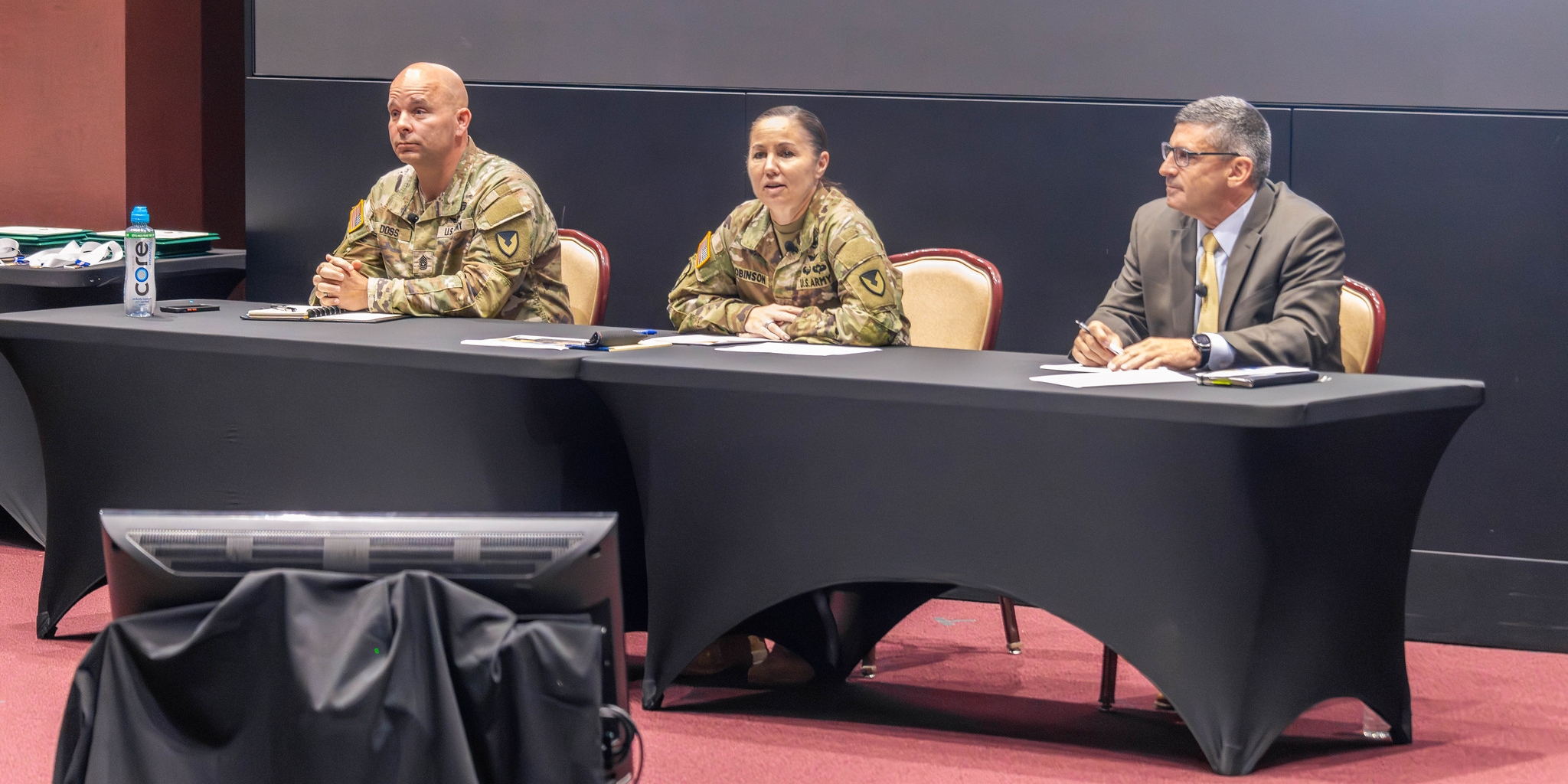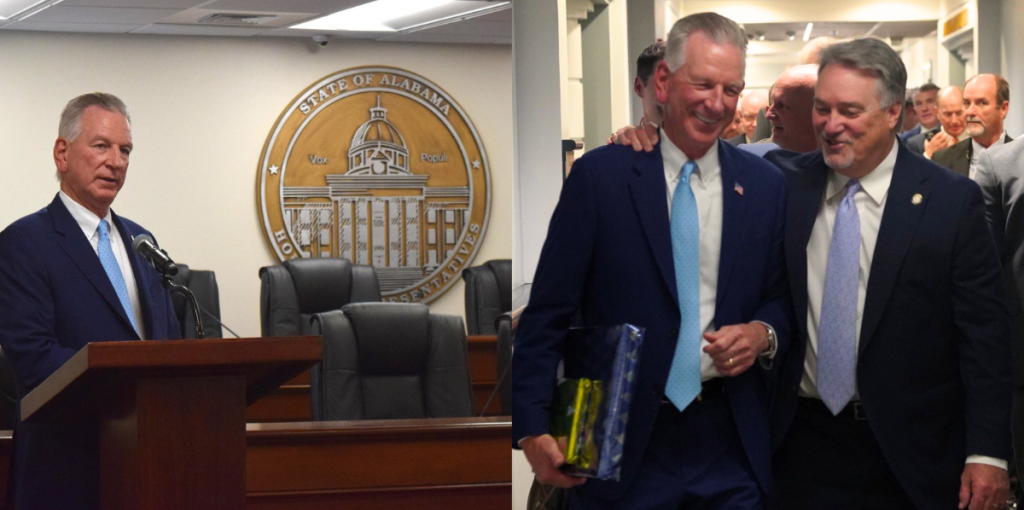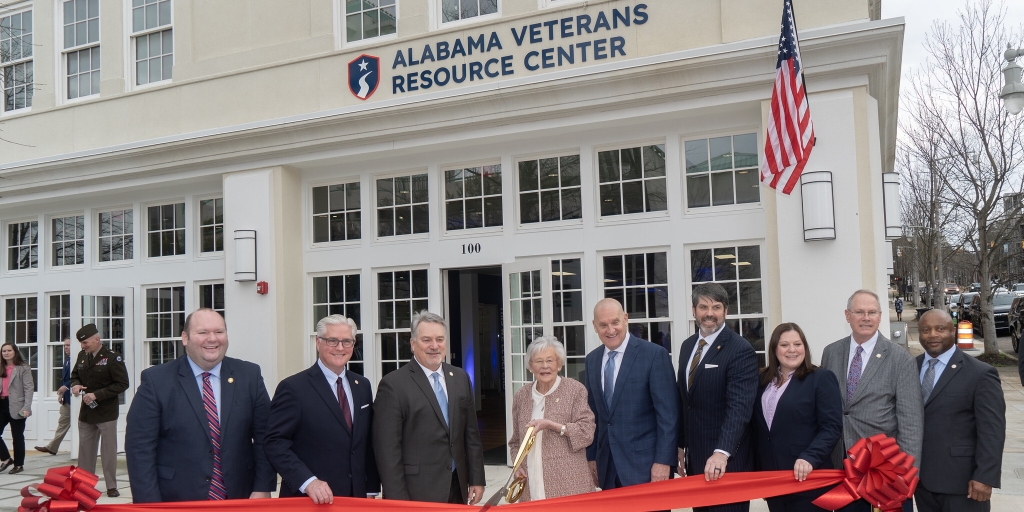The commanding general of the U.S. Army Aviation and Missile Command (AMCOM), Maj. Gen. Lori Robinson, along with Don Nitti, AMCOM deputy to the commanding general, and Christopher Doss, AMCOM command sergeant major, hosted a town hall event earlier this month in the Bob Jones Auditorium at Alabama’s Redstone Arsenal.
Robinson discussed major developments affecting the command and its mission. She opened with the broader context of the Army Transformation Initiative, an effort championed at the servicewide level. As outlined by Army leadership in early May, the initiative aims to reshape the force into “a leaner, more lethal” organization by prioritizing warfighting capabilities, optimizing structure and eliminating obsolete programs.
“We’re looking to put the Army on a path to what we see as the future of warfare and how we get there,” Robinson said.
She addressed how AMCOM is aligning with that vision through its focus on fielding critical systems more quickly – such as long-range missiles, uncrewed aerial systems and the integration of artificial intelligence into command-and-control structures – ensuring the organization keeps pace with fast-evolving battlefield technologies.
“We’re seeing a huge investment toward unmanned air and ground systems, robotics and electronic warfare,” Robinson said.
She and Nitti addressed workforce concerns, including constraints brought by recent federal hiring freezes. Robinson acknowledged that while the freeze was implemented for fiscal discipline, AMCOM is finding strategic ways to pivot internal talent – redeploying staff where most mission-critical – to minimize disruption.
“We understand that there is a lot of stress on the workforce and probably an equal amount of frustration,” Nitti said about the hiring freeze. “I just want to say thank to you to everybody, because despite everything that’s going on right now, the AMCOM mission continues to move along as we support the warfighter.”
Artificial intelligence (AI) and its daily use to streamline workflows was discussed. From maintenance diagnostics to resource tracking, AI tools are helping teams move faster and make more informed decisions. Robinson spoke of training opportunities to better understand AI and encouraged continued innovation at all levels.
“We often talk about how we can become more efficient and how we use technology,” Robinson said. “I think we’re seeing a cultural shift to this as well.”
Following her remarks, Robinson held a candid question and answer session. Employees raised questions about timing and scope of workforce reductions, equipment repair options and how performance metrics would translate into career progression. Robinson answered with clarity, reinforcing the importance of continuous communication and shared responsibility in shaping a new-look AMCOM workforce.
“AMCOM is changing,” she said. “The Army’s changing and the world’s changing.”
The event served as both a directive and a dialogue, reaffirming AMCOM’s commitment to transformation while making room for employee feedback and collaboration on navigating the changes.
Courtesy of Alabama News Center













